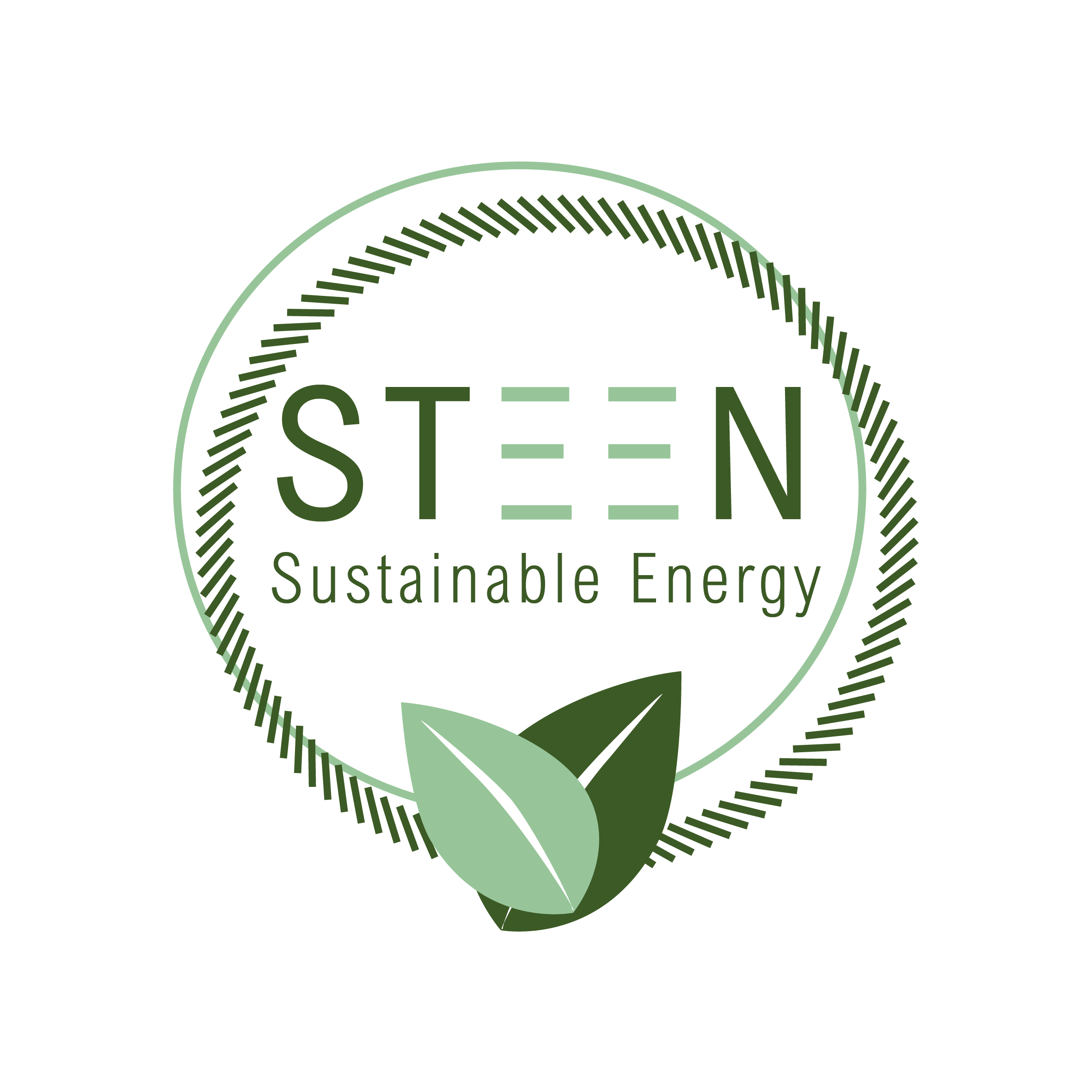Legislative framework
The purpose of these few lines is to summarise Switzerland’s current legislative framework for limiting CO2 emissions.
a. Paris Climate Agreement
By ratifying the Paris Agreement in 2015, Switzerland undertook to halve its greenhouse gas emissions compared with 1990 levels in order to contribute to the common effort to limit global warming to 1.5°.
b. 2050+ energy strategy
The aim of this policy introduced by the Confederation is to achieve carbon neutrality by 2050. The measures to be taken include the expansion of heating networks in urban areas, the use of biomass and increasing the number of heat pumps.
c. The new CO2 Act – subject to popular vote on 13 June 2021
Based on these objectives, the new CO2 Act was adopted by Parliament in September 2020. For the building sector, which is responsible for almost a quarter of Switzerland’s CO2 emissions, this law stipulates that :
The cantons will ensure that CO2 emissions from fossil fuels generated by all buildings in Switzerland are reduced by an average of 50% in 2026 and 2027 compared with 1990 levels. To this end, they are issuing standards for new and existing buildings.
(Art. 9 para. 1)
In order to achieve these objectives, CO2 emission limits have been set for the building sector.
From 2023, the following requirements apply:
a. Existing buildings whose heating and hot water systems are replaced must not generate more than 20 kg of CO2 emissions from fossil fuels per square metre of energy reference area in any one year; the value must be reduced by 5 kg of CO2 emissions every five years;
b. In principle, new buildings must not generate any CO2 emissions from fossil fuels in connection with their heat production systems for heating and hot water.
(Art. 10 para. 1)
Generally speaking, in order to limit the use of fossil fuels and to finance the Climate Fund, the Confederation is increasing the CO2 tax, which currently stands at CHF 96 per tonne of CO2.
The Federal Council sets the amount of the tax at between CHF 96 and CHF 210 per tonne of CO2.
(Art. 34 para. 2)
The STEEN Sustainable Energy SA solution
STEEN Sustainable Energy’s energy networks emit less than 5kg of CO2 per m2 SRE. They therefore comply with the changing legislative framework. By integrating a STEEN Sustainable Energy energy network today in a new build or in existing buildings, you drastically reduce the risk of having to invest in upgrading your property in future years.
For local authorities, you provide your residents with an innovative collective solution that helps reduce your carbon footprint. As a pioneering local authority, you’ll also be contributing to the collective drive towards carbon neutrality.
